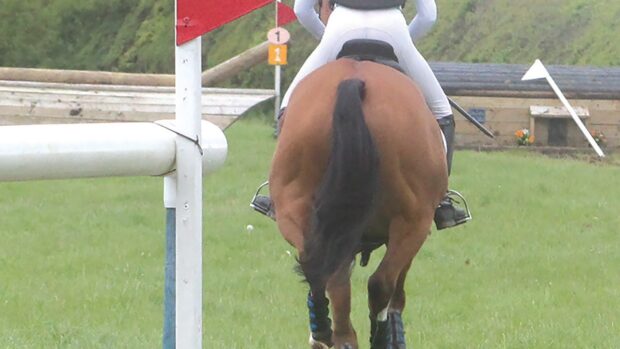Body protectors are designed to absorb impact from a fall or kick from a horse, and certain body protector standards are compulsory for competitions under the rules of governing bodies.
The body protector standards were originally developed by the British Equestrian Trade Association (BETA), with the help of riding organisations, doctors, riders, manufacturers and retailers. In 2000, the new BETA standard superseded all previous standards, but it has been revised twice since – in 2009 and 2018.
As of 1 January 2024, major governing bodies will only accept body protectors that meet the latest BETA level 3 (2018) version of the standard, so if you plan to compete and your body protector is not up to standard, you’ll need to buy a new one.
What are the current body protector standards?
BETA body protector standards set the benchmark for safety and are recommended by all leading riding organisations and disciplines requiring the use of body protectors. A number of different styles are available, depending on the individual manufacturer and the design – we’ve rounded up the best body protectors that meet current standards, and the best body protectors for children.
There are three levels of protection – and the vast majority of horse riders should look for BETA level 3, which is the highest standard of protection. If your governing body or organisation requires that you wear a body protector, this the standard they’re looking for.

BETA level 3 (2018)
This is the latest version of the BETA level 3 standard and it is marked with a blue label. It’s the standard you need to look for if your governing body or rider organisation – for example, The Pony Club, British Eventing, British Riding Clubs or BSPS – requires you to wear a body protector.
All of the body protectors we’ve featured in our guides to the best body protectors for horse riding and best body protectors for children are currently accepted by all major governing bodies.
What about BETA level 3 (2009)?
The 2009 version of the BETA level 3 standard (with a purple label) ceased manufacturing in 2018. You may still find a few of these purple-labelled body protectors in stores and online while older stock works through the market.
Governing bodies and rider organisations that require a body protector no longer recognise the purple 2009 label, with most ceasing to accept this on 31 December 2023. They can still be worn if you’re competing at British Dressage or British Showjumping as a body protector is optional and no guidance for a standard is given – or, indeed, if you’re not competing at all. However, it’s recommended that you replace your body protector every three to five years and the BETA level 3 (2018) standard offers the highest level of protection.
What are the different levels of body protector?
There are three levels of the 2018 revision, each designed for different activities and denoted by a colour-coded label on the garment.
- Level 1 (green label) provides the lowest level of protection that is only considered appropriate for licensed jockeys while racing.
- Level 2 (orange label) offers a lower than normal level of protection so is considered suitable for low-risk situations not including jumping, riding on the roads, riding young or excitable horses or riding while inexperienced.
- Level 3 (blue label) is considered appropriate for general riding, competitions including eventing and working with horses. Level 3 body protectors should prevent minor bruising that would have produced stiffness and pain, reduce soft tissue injuries and prevent a limited number of rib fractures.
You might also like:

10 body protectors that meet the current standards

12 body protectors for children that are up to Pony Club and riding school standards

Is your hat up to standard? Check out the latest riding hat rules for competition

Use your head: how riding hats are tried and tested before use

Subscribe to Horse & Hound magazine today – and enjoy unlimited website access all year round
Horse & Hound magazine, out every Thursday, is packed with all the latest news and reports, as well as interviews, specials, nostalgia, vet and training advice. Find how you can enjoy the magazine delivered to your door every week, plus options to upgrade your subscription to access our online service that brings you breaking news and reports as well as other benefits.





